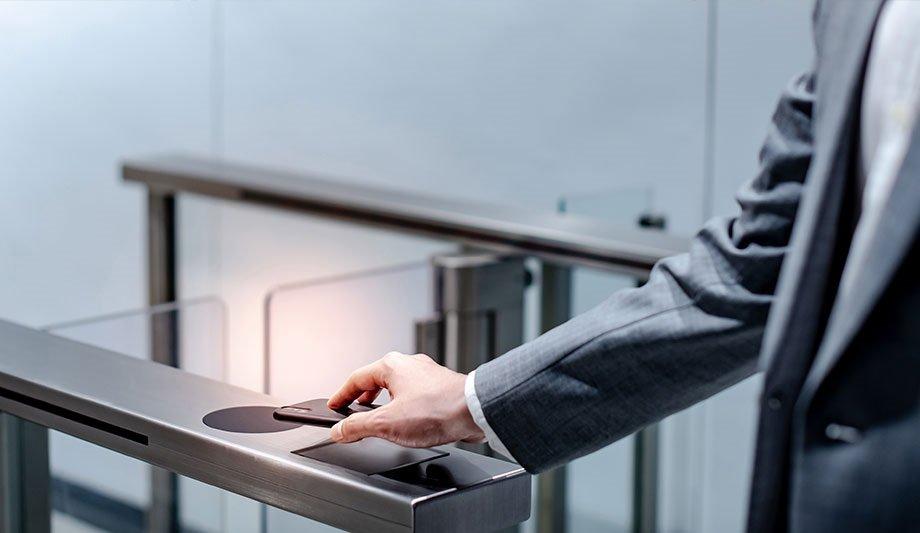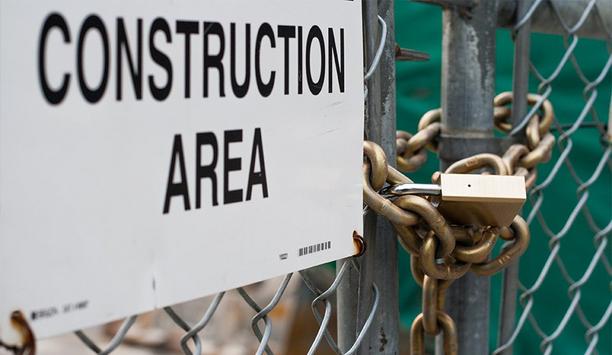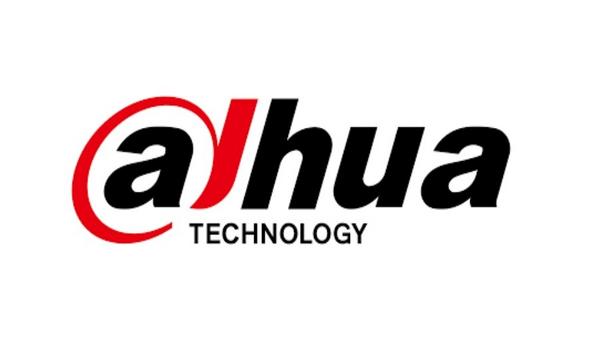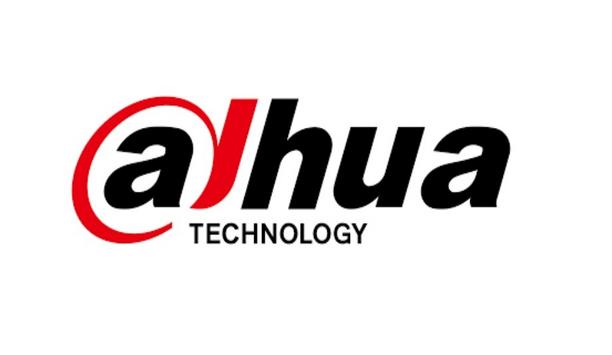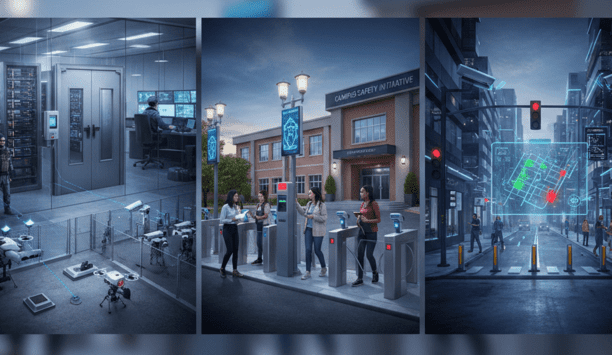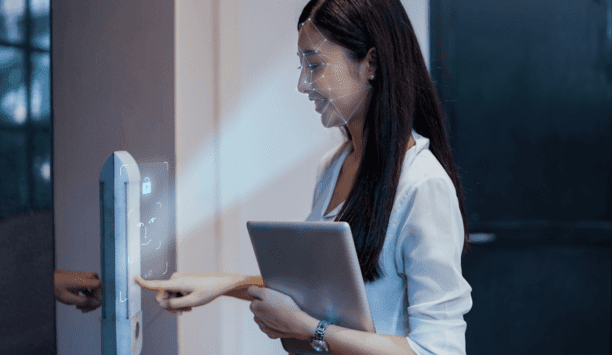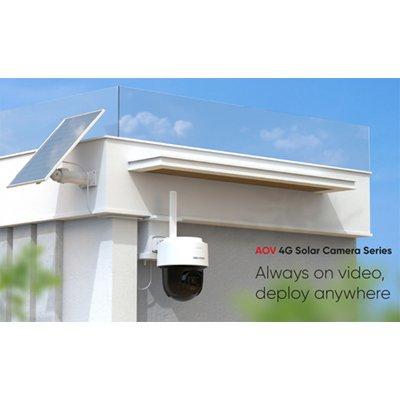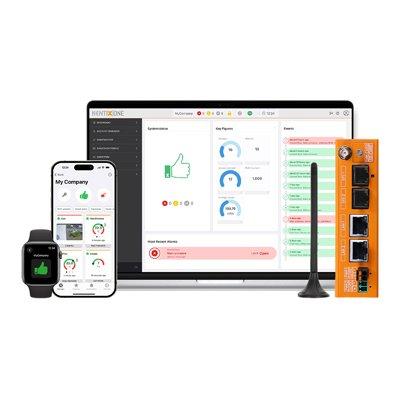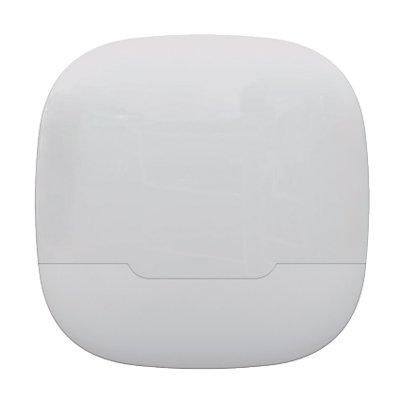When we talk about security, people are often quick to jump to conclusions and picture bouncers, heavy steel doors and alarms that go off as soon as a door is opened. Access control is in fact one of the most common and least invasive methods of adding extra security to a home, communal or business premises – controlling who is able to enter a space based on the use of entry codes, key fobs, and/or access cards.
Communal flats and office blocks are where access control is often an important factor in keeping the building secure, though private residences also have their own lowkey methods of access control with burglar alarms and personalised codes. With that said, what is it that makes access codes so effective across so many spaces – and why are they so important in today’s society?
Benefits of access control
Every time you visit an office space, enter a block of flats, or drive into a gated community, you will likely be faced with restricted access and a code pad – plus a button to ring through if you are a visitor. This is a prime example of access control, whereby the owner of the premises has installed a gate or security door which requires a code to enter from the outside. Pressing the request button puts you through to a controller who can then either grant access or deny access.
The primary benefit of access control is that it ensures that a space remains secure
Some of these code pads have cameras so that the controller can see the visitor – some just have a microphone and speaker. The primary benefit of access control is that it ensures that a space remains secure – only visited by those who are granted access. This restriction helps to keep residents and property safe, not only deterring burglars but ensuring that they are unable to gain entry without permission.
Access control panels
Some of the examples of access control panels in use include:
- Private car parks, granting access to employees or residents or paying guests based on the location.
- Communal buildings and flat entranceways, granting access to residents. These kinds of access control panels will have multiple buttons, one for each flat so that guests can buzz and speak to their contacts.
- Offices, granting access to employees and their guests.
Another key benefit of access control is that entry and exit data can be tracked
Another key benefit of access control is that entry and exit data can be tracked, and data can be used for anything from tracking the use of a building, to understanding and logging when individuals have entered and left the premises. For those who have ever watched a Detective drama, you will know how crucial this kind of data can be to determining alibis!
Replacing lost keys
Inhouse, this can also be useful in identifying who is around when an incident occurs, and in ascertaining how many people are in the premises in the event of a fire or emergency situation. On top of knowing when individuals are accessing certain spaces, access controls can also be used to restrict access to spaces during certain time periods – for example at the end of a shift, or overnight.
This is most often found in commercial spaces and car parks, as private residences will grant access at all hours to residents. Access control plays an important role in security and can impact everything from your insurance bills and insurance cover to the amount you spend on replacing lost keys. By keeping certain spaces restricted, only granting access to those who are supposed to be there for work or through their private residence, you are able to keep individuals safe and protect them from the effect of theft.
Preventing unlawful access
Access control is particularly crucial in tracking the movement of employees should an incident occur
In a workspace, access control is particularly crucial in tracking the movement of employees should an incident occur, as well as making the life of your team much easier in allowing them to move between spaces without security personnel and site managers present. It can also reduce the outgoings of a business by reducing the need for security individuals to be hired and paid to remain on site.
For a private homeowner or flat owner, access control is what grants you the privacy and security that you deserve in your own space. Whether the control is placed on the outside of a bin store, car parks, communal entrance way or your own personal flat, creating barriers to prevent unlawful access can make a private residence more appealing to tenants or homeowners, and can also provide information and data about who has entered a building and when.
Vacant property security
The value of access control is that there are a range of solutions according to your budget, your requirements, and the way that you intend to use access control across your site or inside space. For the most part, access control is considered to be a cost effective way of increasing security, cutting back on personnel while ensuring that access is only granted to those who are supposed to be a specific space.
The value of access control is that there are a range of solutions according to your budget
According to construction site and vacant property security company Sicuro, access control systems with a built in camera are becoming increasingly popular, particularly on the exterior of a building when it comes to granting access to visitors – as those inside can see who is asking to be let in.
Managing access control
Meanwhile, across inside workspaces and sites, access control managed by pin numbers or fingerprints is often sufficient. Access control is an important part of modern security, ensuring that everywhere from office spaces to private residences are protected from unwanted or unlawful visitors.
For the most part, access control is managed automatically, tracking and storing data on who has entered and exited a specific space and at what time – though some examples are tracked and managed manually (for example in a school reception or private residence).
Discover how AI, biometrics, and analytics are transforming casino security

